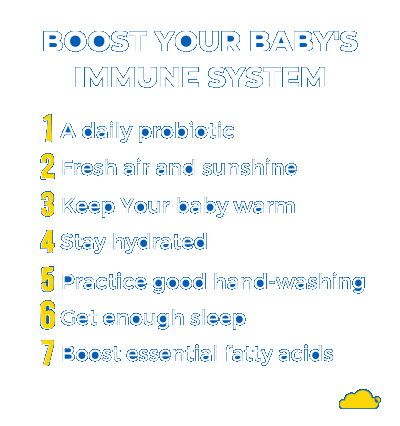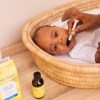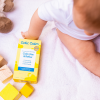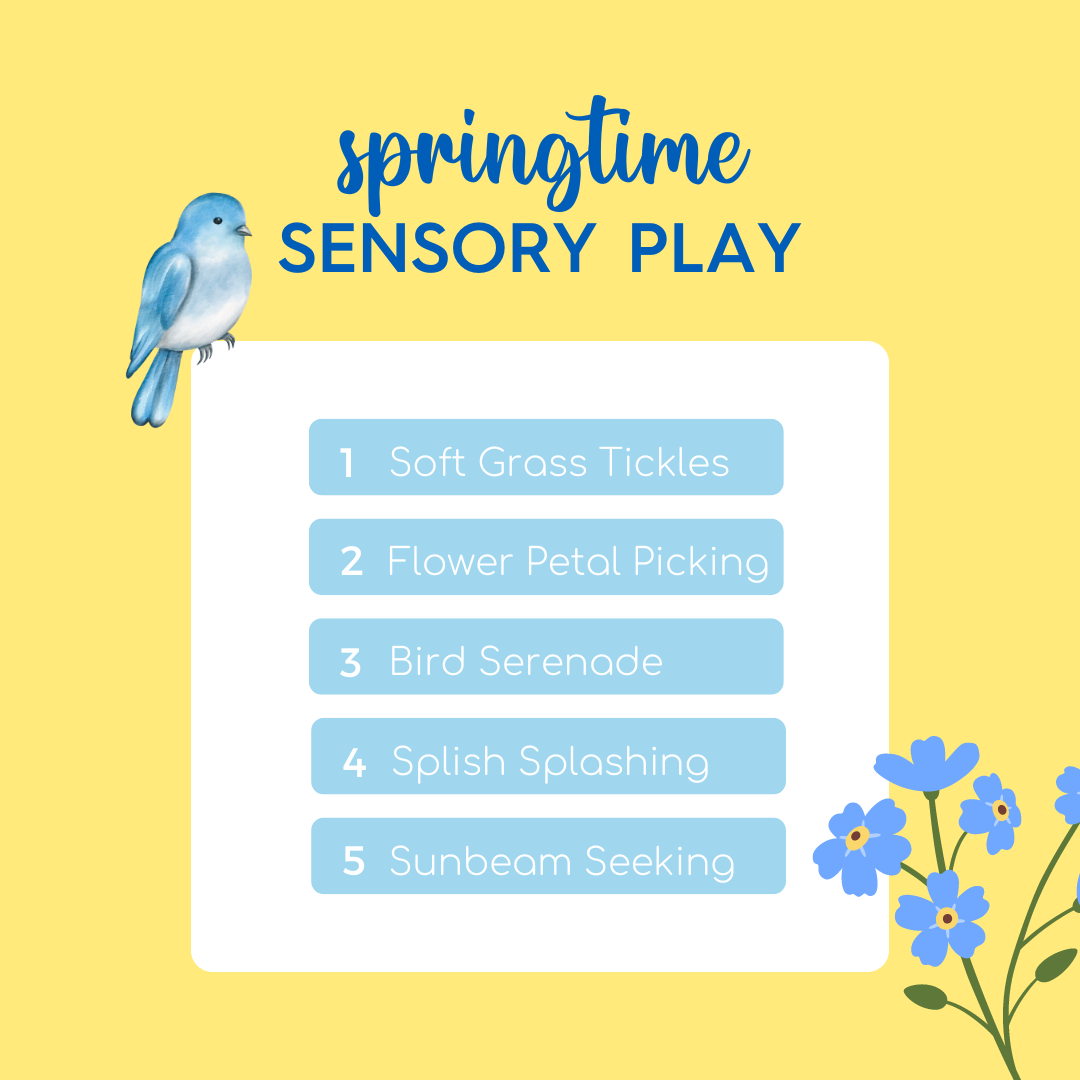How to boost you baby’s immune system to avoid the common cold, flu and coronavirus

It’s that time of year again when the common cold, the flu and now, the coronavirus, are being spread throughout. Helping to boost your baby’s immune system has rarely ever felt more urgent.
The strength of our immune system is largely dependent on our body’s microbiome, or the trillions of microorganisms that make up your body’s natural defense system. Research has shown that this ecosystem is established in the first three years of life, starting at birth. An infant’s immune system is extremely clean and uncompromised when they come out of the womb. Their exposure to germs and lifestyle factors plays a role in developing the strength of their immune response.
Taking care of your little one’s immune system starts with understanding how our bodies immune response works. Our digestive system is actually the “brain” of our immune system. This vital part of our microbiome is where both good and bad bacteria live. When your baby’s body comes into contact with a germ that it has never met before, the body begins an impressive internal and external response. The defense begins with the production of mucus – a natural barrier – and continues to activating the epithelial cells that produce antimicrobial products.
If you are a healthy adult, your body’s microbiome will have all the weapons ready to go if a pathogen breaches those defenses. In comparison, a baby’s system is still establishing their microbiome and have immune “blind spots.” This is why even mild infections can be a big deal.
Prof Arne Akbar, the president of the British Society for Immunology and a professor at University College, London says, “We live in a symbiotic relationship with our gut bacteria. Having the right ones around, that we evolved with, is best for our health. Anything we do that alters that can be detrimental.”
Based on this information, it is important to consider how to give your baby the best chance at fighting off illness. Here are some recommendations for helping to boost your baby’s immune system:
Get Enough Sleep – In general, newborns need about 16 hours of sleep total in a day. That’s about 8 to 9 hours a night and 8 hours of daytime sleep. As your baby grows, their sleep will slowly decrease during the day, but their nighttime sleep will increase. If your little one is struggling with sleep problems- due to colic, separation anxiety or illness, there are techniques you can try to help get them into a better sleep cycle.
Staying on top of their sleep cycle during cold and flu season is an important part of keeping your little one healthy. Sleep is a very important restorative time where cognitive development is taking place. Another option is to administer Colic Calm, which is not only used to for symptomatic relief for colic, gas, and reflux but can be used to soothe babies.
Reduce Infant Stress – Infant stress can be triggered by numerous factors. No matter the cause, the body still releases the stress hormone, cortisol. Elevated cortisol levels can have a direct impact on the immune system, effecting the quality of sleep and the overall health and wellbeing.
To reduce stress, consider increasing the time you spend cuddling your little one. Physical affection is an excellent stress-buster and studies have shown that it can switch off the production of cortisol.
Use a Probiotic – Research has proven that probiotics are an effective way to help boost immunity by balancing your baby’s digestive system. Probiotics aid in the development of a healthy immune system by introducing friendly bacteria into the intestinal tract.
Most baby probiotics available only contain one strain, L. reuteri, one of the most studied probiotic strains and benefits overall health. Colic Calm Probiotic is specially formulated with 5 - key strains that are specific to building and balancing your baby’s gut: B.bifidum, B. lactis, L. acidophilus, L. reuteri, and L. rhamnosus. All five strains impact digestive and immune development and one daily dose has a guarantee of 5 Billion CFU of live-active cultures.
Additionally, B. lactis has a positive impact on respiratory tract health which is vital for building immunity against respiratory illnesses like Covid-19.
Wash your hands – We hear this time and time again but giving your hands a good washing is one of the best ways to avoid viruses. In general, make sure that anyone who is going to be coming in contact with your baby has had a good hand washing. Use warm to lukewarm water and apply soap.
Rub your hands together to form a good lather, and don’t forget the back of your hands! 20 seconds is the minimum you should spend washing but a good rule of thumb is to sing the ABC’s twice. Rinse your hands well and dry them well using a clean paper towel.
Breastfeeding? Boost your immunity – If you’re breastfeeding your baby, you’ll want to ensure your immune system is also in good health. Filling up on foods that are immune boosting can help stimulate production of hormones that are vital for breast feeding.
Consider upping your intake of Vitamin C which stimulates the body to accelerate production of antioxidants, collagen, and the formation of new white blood cells and antibodies to fight off viruses. Plenty of fruits and vegetables are rich in vitamin C or you can supplement with a vitamin.
As with any new baby, limiting their exposure to the outside word until they are six to eight weeks of age is always a good rule of thumb. Fresh air is good but take care to avoid crowding areas during this season of illness. If you are still unsure or have more questions, seek professional medical advice from your pediatrician.
 Canada
Canada South Africa
South Africa UK
UK EU & Int
EU & Int Ireland
Ireland Australia
Australia Brazil
Brazil New Zealand
New Zealand














Comments